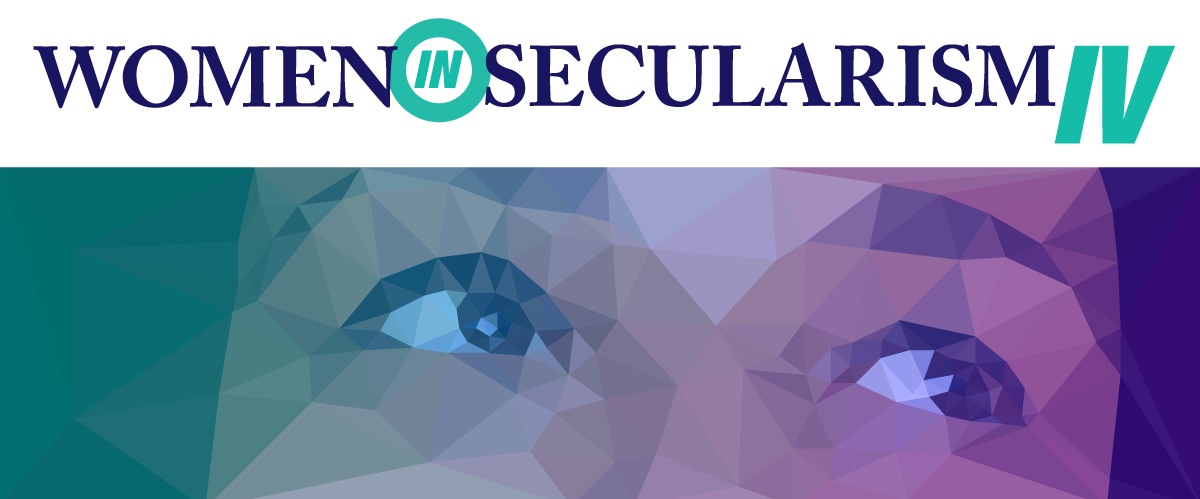
Female atheists and secular humanists can be considered a minority of a minority—atheists representing a small proportion of the U.S. population and women comprising a small proportion of that number—but they have been reaching higher levels of involvement and leadership in secularist organizations in recent years. At the Women in Secularism conference meeting in Washington in late September, attended by RW, several speakers confirmed that women are more involved in organized atheist and secular humanist activism and communities even while there are still divisions over the role of feminism in the wider movement. This event was the fourth such conference, with its origin in 2010 over the concern that more strident voices of new atheists, who were viewed as demeaning women (and even having a role in cases of alleged sexual harassment at atheist events), were drowning out women’s issues. The clash between the more science-oriented new atheists and activist and social justice-oriented secularists was evident at the conference. Organizer Debbie Goddard told RW in an interview that the recent merger of the Center for Inquiry, the sponsor of the Women in Secularism conferences, and the new atheist-oriented Richard Dawkins Foundation has been a source of dissension among women in the movement, likely causing the recent gathering’s registration to hit a low of 80 participants. Past conferences put more stress on social activism, and several of the earlier activist and feminist leaders did not attend the event, Goddard added.
But other speakers reported on the new openness of women to atheism as the movement tries to draw on the swelling numbers of non-affiliated Americans. Melanie Brewster of Columbia University presented a paper on why men are more likely to be atheists than women. Prominent new atheist leaders such as Sam Harris have made controversial statements that the cerebral nature of atheism attracts men more than women, who are more “nurturing.” Brewster argued that whatever the reasons for the gap between male and female secularists (and religiosity), the differences are narrowing, especially in Western nations. She added that women may be experiencing a “time-lag” in secularization and only today are showing the drop off in religiosity. Another study she cited showed that women feel excluded from the atheist movement and need to see greater representation of atheist women in the media.
At least in the ranks of leadership, the conference demonstrated that women are more visible: women have recently been appointed as the leaders of the Center for Inquiry and the American Humanist Association. In the latter group, over 30 percent of its leadership committee and chapter leaders are women. The Freedom from Religion Foundation, with 23,000 members, has long been led by a mother-daughter team, with half of the staffers being female (though 73 percent of the members are men). A woman also recently co-founded the Ex-Muslims of North America. The conference also revealed a division among secularist women (as in the wider movement) between those holding to identity politics and others stressing free speech. This split emerged in a session on identity politics and such policies influenced by feminism as providing safe spaces for minorities on college campuses, professors using “trigger warnings” in the cases when material may be objectionable to students, and barring controversial speakers from campus. While Brewster and Black Lives Matter activist Diane Burkholder supported such measures, at least in part, they came in for sharp criticism by ex-Muslim activists Sarah Haider and Maryam Namazie. Citing her experiences being barred from campuses because of her secularist views, Namazie charged that Muslim groups are “shutting down debate,” and feminists and other activists on the left are aiding and abetting this restrictive climate.
